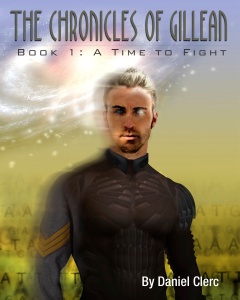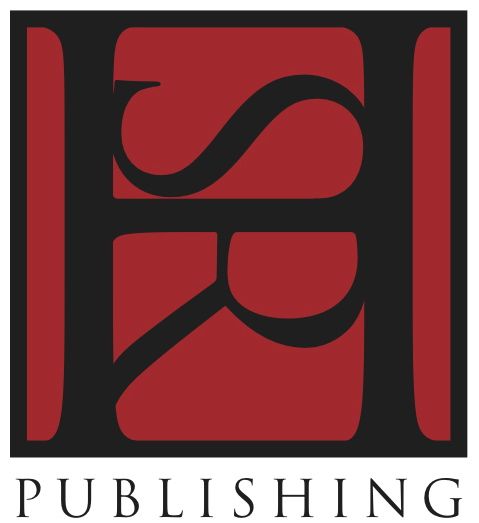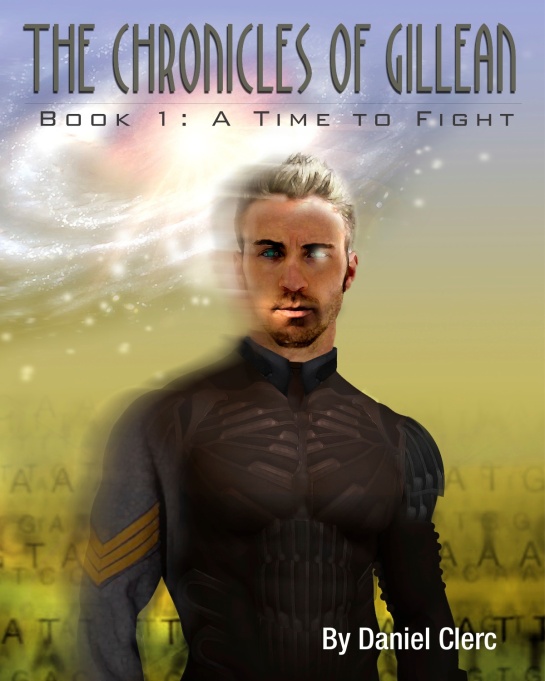You can find books of widely disparate plot, topic, and theme categorized as science fiction. I think this is a reflection of the world as it changes around us. Sci-fi is not a static construct. It’s dynamic. It evolves as we progress along the road of discovery. As such, there are a variety of definitions that attempt to describe the boundaries of a genre that doesn’t want to be contained.
These are my thoughts on the subject:
- Science fiction is standing on the shoulders of giants…of visionaries, of pioneers, of intellectual dreamers, and stretching the fingers of our imaginations across time as far as they can possibly reach, pushing and sliding them simultaneously into the future and the past, and bringing back a story that stimulates minds and touches lives.
- It’s planting the seeds of what we know and fertilizing it in the soil of the imagination.
- We could go through a list of the greats, those who have been influential in the literary and entertainment industries, but the list would be exhausting. I think when we stand back and look, it is easy to see they have things in common – they took available facts from chemistry, biology, physics, astronomy, etc., or maybe pulled from the historical record. In their minds they reformulated the information and presented it in a new way, many times taking great leaps in understanding and presenting new visions and new stories. Many have made bold predictions that have eventually come to fruition. In the process writing, science fiction authors create worlds outside our own… worlds that beckon for us to return.



